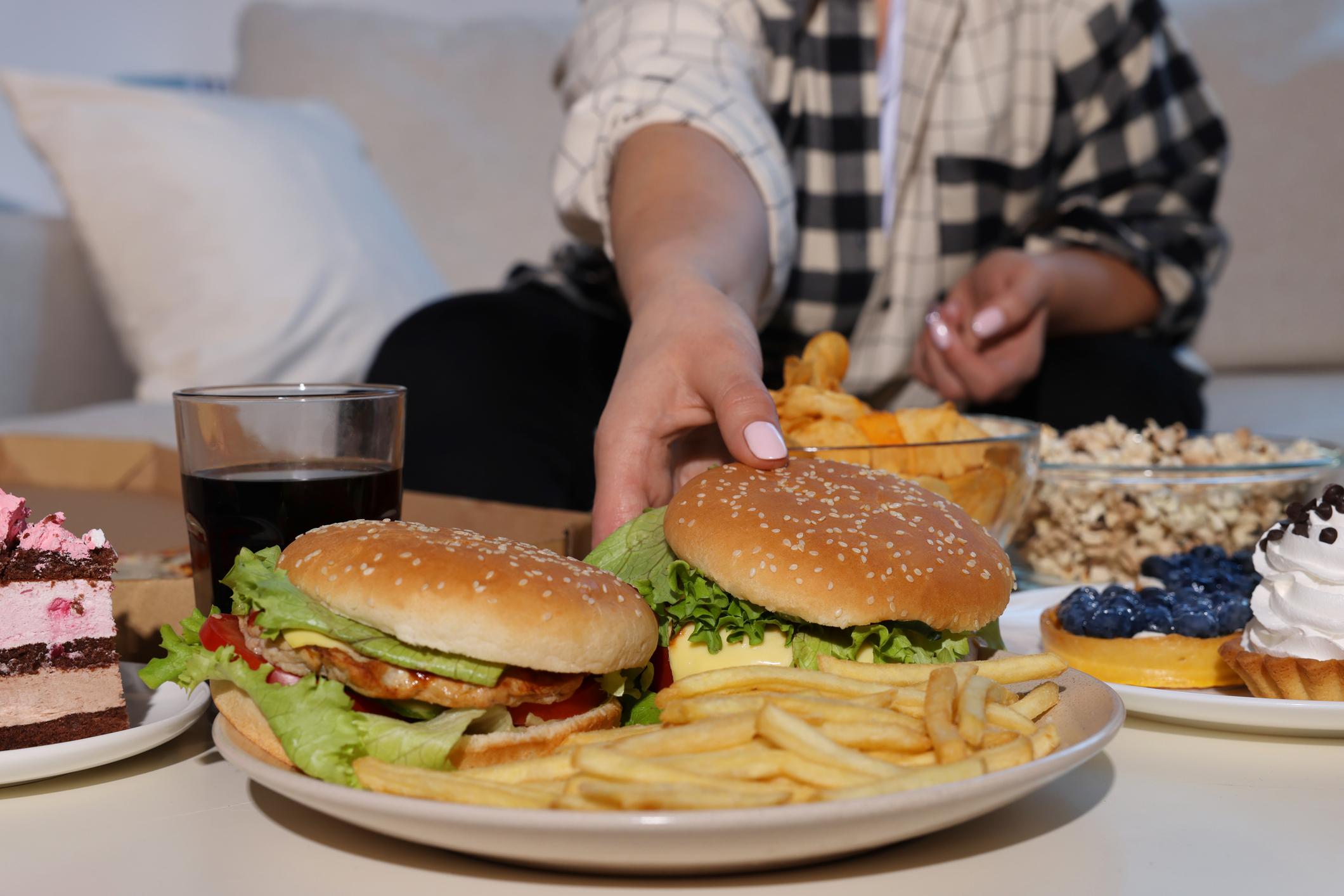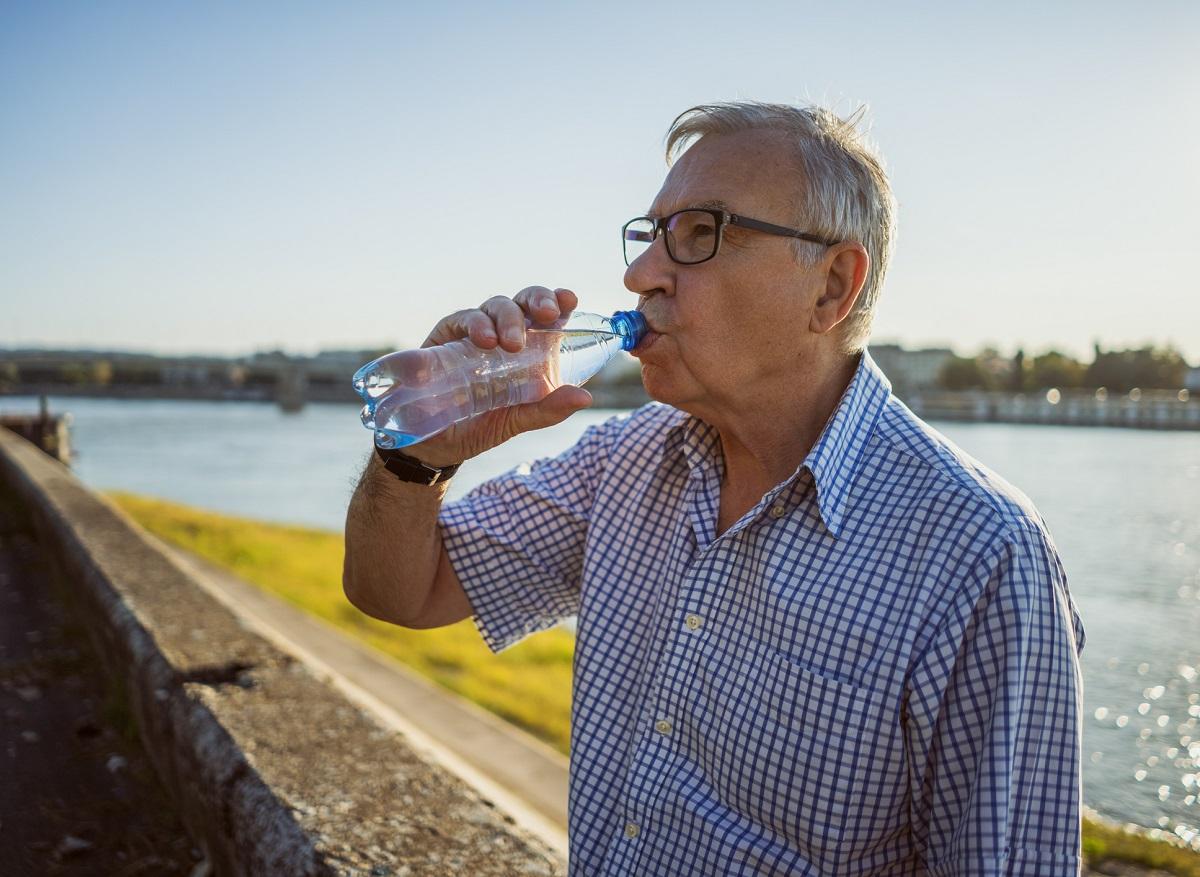We often hear that drinking water is a good way to make hunger go away. But what is it really? The dietitian Pauline Budynski responded categorically via his Instagram account: “It is best avoided, as these are two distinct needs of the body”. She specifies: “When you feel hungry, it’s your body’s signal for calories. This energy is found in the proteinsTHE lipids and the carbohydratesnot in the water”, she says. The specialist insists on the fact that unlike food, water has no Nutritional value and does not satisfy hunger.
What happens when you drink water to suppress hunger?
The specialist says that drinking water if you are hungry can increase the feeling of hunger : “If you drink water instead of eating when you are hungry, you may just be hungrier a few minutes or hours later.”and therefore you risk having “a big breakdown at the end of the day”.
“Dehydration can sometimes be confused with hunger”
However, the dietitian highlights an important point: “There dehydration can sometimes be confused with hunger”. When your body lacks water, it can cause a feeling of “false hunger”. In such cases, drinking water can help soothe this feeling. However, this hunger, induced by dehydration is temporary and disappears once you are properly hydrated. The nutritionist recommends following the recommended amount of water daily to avoid confusion. It is advisable to drink throughout the day 1.5 liters of water. This corresponds to approximately 8 glasses of water.
“The desire to drink water instead of eating is often linked to the fear of gaining weight”
The specialist says that the desire to drink water instead of eating is often linked to the fear of gaining weight. She explains that people associate hunger with weight gain, but eating is essential to life. She specifies: “We don’t gain weight because we eat. You can gain weight, if it’s linked to food and nothing else, because you eat too much compared to your needs.” The dietician insists that “food is not your enemy“. You should know that neglecting hunger can lead to nutritional deficiencies and long-term health problems. She concludes by encourage us to listen OUR body and to trust it.


















